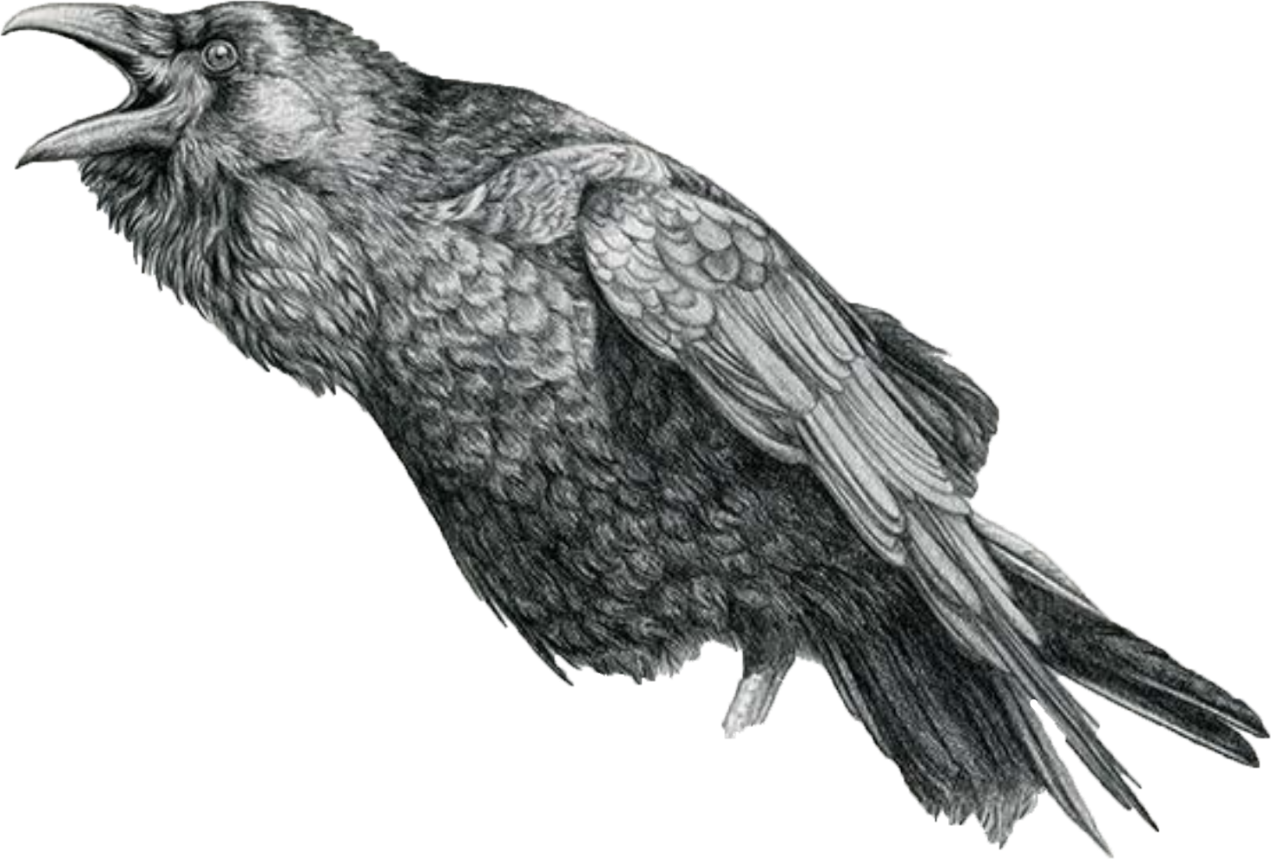404
Oops, that page is missing...
We can't find the page you're looking for, but we're here to help. For assistance, use the search box below or contact us at uwbweb@uw.edu.
Crow illustration by Bonnie Johnson, 2019 alumna.

We can't find the page you're looking for, but we're here to help. For assistance, use the search box below or contact us at uwbweb@uw.edu.
Crow illustration by Bonnie Johnson, 2019 alumna.